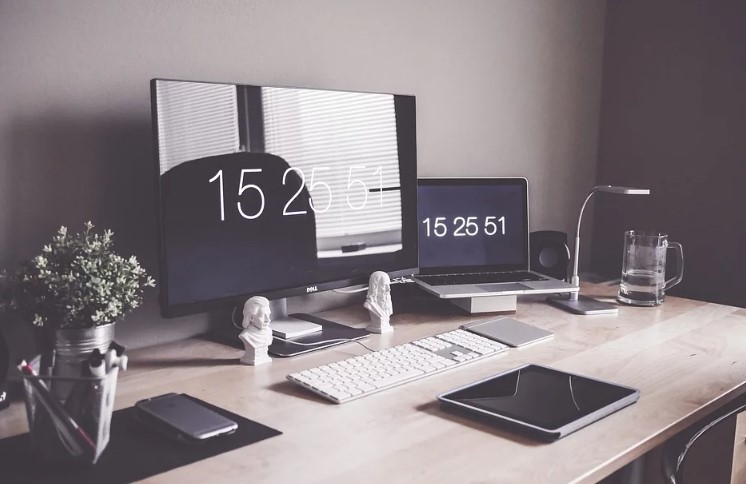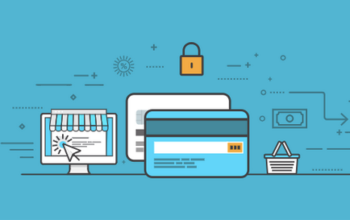In the fast-changing world of technological discoveries, a poorly functioning PC is out of the question. When a PC shows bad performance, users generally decide to replace it.
However, it’s possible to improve its function without a replacement. If your computer is younger than three years, you should consider tweaking its performance. Let’s look into simple ways to improve a PC’s functionality and save money on new hardware.
1. Check for Viruses
According to IT security experts from Firewall Technical, a virus in your computer could be slowing it down. Ransomware, malware, and similar programs may be taking up a lot of RAM and trying to affect your files and programs. To make sure this isn’t the case, you need to run your antivirus software regularly.
Make sure your antivirus tools are updated timely and upgraded properly. Keeping them in top shape is the key to security problem prevention.
2. Get Rid of Unnecessary Programs and Files
To keep your PC functioning properly, you need to make sure it does only what you need it to do. Many people keep old files and outdated software on their computers because they simply forget to delete them.
The “just in case” approach doesn’t work here. If you haven’t used a program in a while, chances are it’s outdated. Besides being a security threat to your PC, it is taking up precious space and slowing the computer down.
Consider deleting old programs and moving files to the cloud storage.
3. Review Auto-Start Programs
Many programs you use regularly have automatic start options. They start operating as soon as you turn the computer on even if you don’t need them. Such programs take up RAM space and slow down your machine.
Review all programs to see which ones have the automatic start box checked and adjust the settings. Start with Skype, Adobe Acrobat, and Spotify. However, don’t disable the antivirus. It’s one of the few programs that must start working as soon as you turn the computer on.
4. Upgrade RAM
If your computer is working slowly, the culprit is usually low RAM capacity. You can upgrade the RAM to make the PC run faster. An extra 3 GB of RAM can make a substantial difference for your day-to-day operations.
5. Keep it Ventilated
When computers overheat, they slow down and stop functioning properly. Regardless of the season, it’s important to keep temperatures and humidity around the computer down. Check computer fans to make sure they run properly.
You can also vacuum the computer to remove excess dust, which could lead to overheating. If the computer overheats regularly, you need to get professional assistance.
Final Thoughts
You can improve your PC performance by getting rid of unnecessary programs, keeping software updated, checking for viruses, and ensuring a proper environment. Consider Managed IT services, it is the practice of outsourcing the responsibility for maintaining, and anticipating need for, a range of processes and functions in order to improve operations and cut expenses.
If none of these methods help, you may want to upgrade the hardware. If your computer is older than three years, you may consider replacing it.











